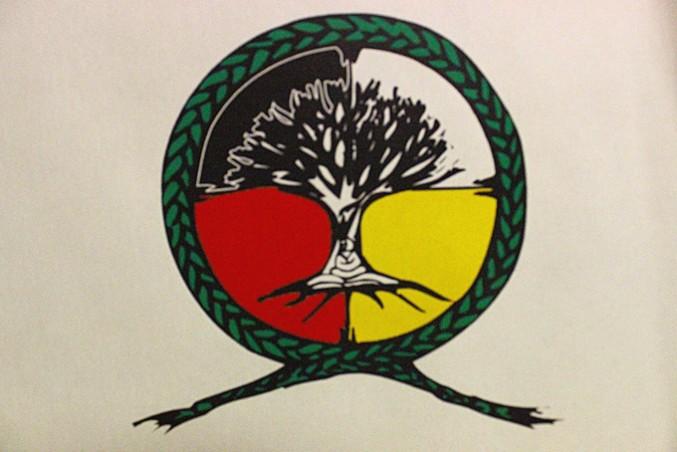By Brontë Campbell
If indigenous people actually had access to a free education wouldn’t there be a higher percentage attending post-secondary, asked an indigenous student after their non-indigenous classmate asked if her education was free. The classmate’s response: “Those are just natives that don’t want to try.”
“At some point, someone stops thinking of native people as native people and they’ll just insert that placeholder stereotype,” said Fancy Bebamikawe in refrence to her friends story. A fourth-year aboriginal student studying medical physics, Bebamikawe is among many in Ryerson’s aboriginal community trying to bring change to campus.
On Sept. 1, 2015, a mixture of indigenous and non-indigenous faculty and students in the community, released a letter titled, “A Call To Reconciliation at Ryerson,” and posted it on Tumblr.
The purpose of the letter is to ask staff and students to implement recommendations that were made in a report by the Truth and Reconciliation Commission (TRC).
Among its recommendations the letter called for more incorporation of aboriginal content into Ryerson’s curriculum.
The TRC was a organization created in 2008, after the Canadian Government created the Indian Residential Schools Settlement Agreement.
The commission’s goal was to investigate fully the harms caused by Canada’s use of residential schools, a system formed in the 19th century in Canada that aimed to assimilate first nations Canadians into European-colonial society. The system ran until the early 1970s.
The commision found, through years of survivor testimonials and research, that the system was responsible for the deaths of thousands of aboriginal children and that it had left behind a generation of survivors living with the lingering effects of physical and sexual abuse.
In June, the committee finished drafting a list of 94 recommendations it had devised to begin to repair the lasting damage the system has had on aboriginal communities across Canada.
“The university is very much a Western and Eurocentric institution, but I think it is important for indigenous students to see themselves in the content, and for non- indigenous students to learn the true history of the relationship between indigenous and non-indigenous as a starting point for understanding,” said Julie Tomiak, assistant sociology professor and part of the TRC working group at Ryerson’s planning committee.
The committee will be offering workshops and events focused on educating people about the history and culture of indigenous peoples.
“We’re calling it the TRC working group, just because we came together as a group in response to the recommendations that were released by the TRC,” Tomiak said.
Bebamikawe volunteered all summer with the TRC working group. She is one of the students involved with helping her peers access the information made available by the letter so they may educate themselves about indigenous history. “There’s this lack of value for certain types of education, and when it comes to indigenous issues I experience it all the time where people don’t want to teach themselves or learn about these (issues) independently,” Bebamikawe said.
According to Ryerson’s chair of the aboriginal education council, Cyndy Baskin, the most crucial part of the letter is the fact that indigenous education is imperative to every member of Ryerson, not just the indigenous ones.
“It’s about awareness in education and about the history of colonization, its current impacts on Aboriginal peoples today and how the issues that are of concern to indigenous peoples and communties … are also concerns that affect all Canadians, and that reconciliation is about all Canadians and all indigenous peoples working towards a positive change.”
Despite the readily available resources, some faculty members are unsure about incorporating indigenous issues into their content. Baskin says one of the complaints she hears the most is from professors who believe that indigenous issues have no place in their lecture hall.
“Is it ignorance or is it racism?” asked Baskin.










Leave a Reply